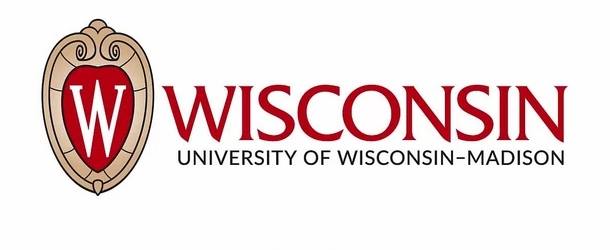U of Wisconsin-Madison Researchers Find Correlated Errors in Quantum Computers & Point to Mitigation Strategies

(HPCWire) Researchers at the University of Wisconsin–Madison have found evidence that errors are correlated across an entire superconducting quantum computing chip — highlighting a problem that must be acknowledged and addressed in the quest for fault-tolerant quantum computers.
The researchers report their findings in a study published June 16 in the journal Nature. Importantly, their work also points to mitigation strategies.
“I think people have been approaching the problem of error correction in an overly optimistic way, blindly making the assumption that errors are not correlated,” says UW–Madison physics Professor Robert McDermott, senior author of the study. “Our experiments show absolutely that errors are correlated, but as we identify problems and develop a deep physical understanding, we’re going to find ways to work around them.”
Qubits, however, can make two types of error: bit flips or phase flips, where a quantum superposition state changes.
To fix errors, computers must monitor them as they happen. But the laws of quantum physics say that only one error type can be monitored at a time in a single qubit, so a clever error correction protocol called the surface code has been proposed. The surface code involves a large array of connected qubits — some do the computational work, while others are monitored to infer errors in the computational qubits. However, the surface code protocol works reliably only if events that cause errors are isolated, affecting at most a few qubits.
In earlier experiments, McDermott’s group had seen hints that something was causing multiple qubits to flip at the same time. In this new study, they directly asked: are these flips independent, or are they correlated?
The research team designed a chip with four qubits made of the superconducting elements niobium and aluminum. The scientists cool the chip to nearly absolute zero, which makes it superconduct and protects it from error-causing interference from the outside environment.
The team observed long periods of relative stability followed by sudden jumps in offset charge. The closer two qubits were together, the more likely they were to jump at the same time. These sudden changes were most likely caused by cosmic rays or background radiation in the lab, which both release charged particles. When one of these particles hits the chip, it frees up charges that affect nearby qubits.
“If our model about particle impacts is correct, then we would expect that most of the energy is converted into vibrations in the chip that propagate over long distances,” says Chris Wilen, a graduate student and lead author of the study. “As the energy spreads, the disturbance would lead to qubit flips that are correlated across the entire chip.”
Though this work could be viewed as a setback in the development of superconducting quantum computers, the researchers believe that their results will guide new research toward this problem. Groups at UW–Madison are already working on mitigation strategies.



















